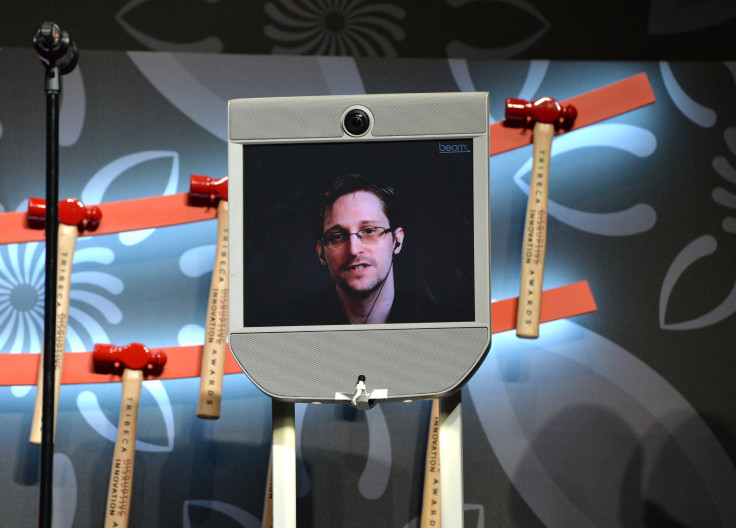US Spy Court Grants All Requests For Surveillance Orders In 2015, Memo Shows

The secretive U.S. Foreign Surveillance Intelligence Court did not deny a single government request in 2015 for electronic surveillance orders granted for foreign intelligence purposes, continuing a long-standing trend, a Justice Department document showed.
The court received 1,457 requests last year on behalf of the FBI and National Security Agency for authority to intercept communications, including email and phone calls, according to a Justice Department memo sent to leaders of relevant congressional committees Friday and seen by Reuters. The court did not reject any of the applications in whole or in part, the memo showed.
The total represented a slight uptick from 2014, when the court received 1,379 applications and rejected none.
Acting behind closed doors, the court was established in 1978 to handle applications for surveillance warrants against foreign suspects by U.S. law enforcement and intelligence agencies and grew more controversial after 2013 leaks by former NSA contractor Edward Snowden.
The electronic surveillance frequently is conducted with the assistance of internet and telecommunications companies.
Civil liberties advocates have long derided the court for acting as a so-called rubber stamp for government surveillance operations. Government officials have said the Justice Department is careful about its applications and that sometimes orders are modified substantially by the court. The court modified 80 applications in 2015, a more than fourfold increase over the 19 modifications made in 2014.
The memo also stated that 48,642 national security letter (NSL) requests were made in 2015 by the FBI. NSLs are a type of subpoena authority used to compel internet and telecommunications firms to hand over customer data, such as web browsing history, email addresses and subscriber information. One NSL often contains multiple requests for information, such as a sequence of emails believed relevant to an investigation.
The majority of NSL requests, 31,863, made in 2015 sought information on foreigners, regarding a total of 2,053 individuals, the memo stated.
The FBI made 9,418 requests for NSLs in 2015 for information about U.S. citizens and legal immigrants, regarding a total of 3,746 individuals, it showed.
The FBI also made 7,361 NSL requests for only “subscriber information,” typically names, addresses and billing records, of Americans and foreigners regarding 3,347 different people.
NSLs have been available as law enforcement tools since the 1970s, but their frequency and breadth expanded dramatically under the USA Patriot Act enacted shortly after the Sept. 11, 2001, attacks on the U.S. They are almost always accompanied by an open-ended gag order issued by the Justice Department barring companies from disclosing the contents of the demand for customer data.
The government also made 142 applications to the surveillance court for access to business records, and it did not deny any of those requests, according to the memo.
© Copyright Thomson Reuters 2024. All rights reserved.





















